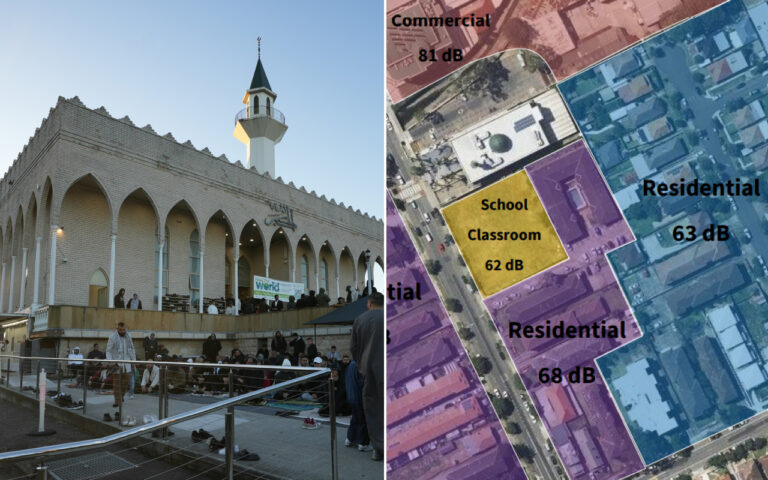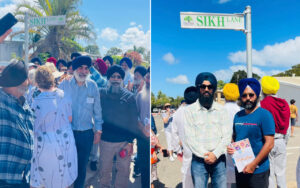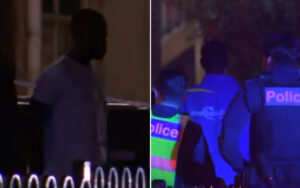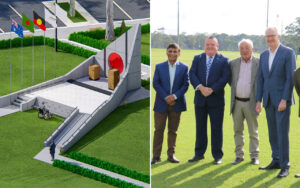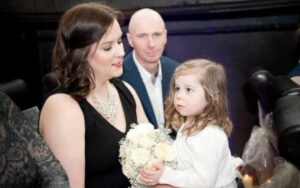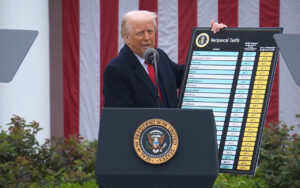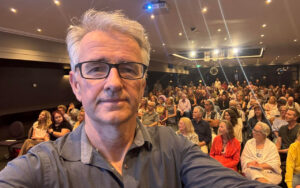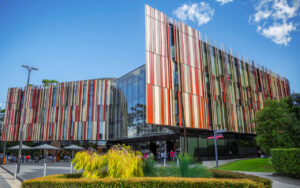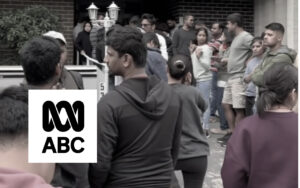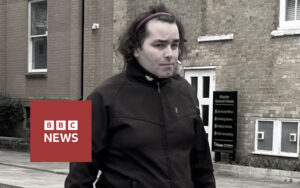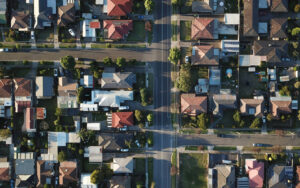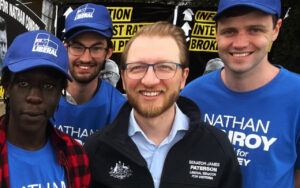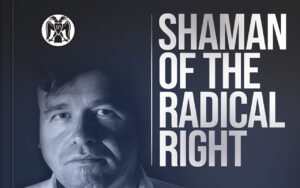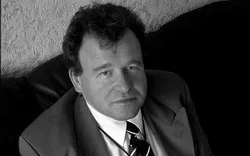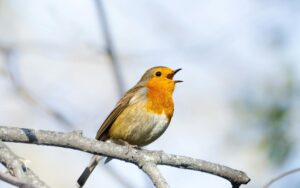A mosque in southwest Sydney wants to install four loudspeakers to its minaret so it can broadcast a Muslim call to prayer across the local area every Friday.
The Lakemba Mosque, the largest in Australia, lodged an application with Canterbury-Bankstown Council last month, arguing the prayer call should be allowed because the suburb was 61.2% Muslim and 68% of residents were born overseas.
If approved the mosque will be the first in Sydney to play the call to prayer all year.
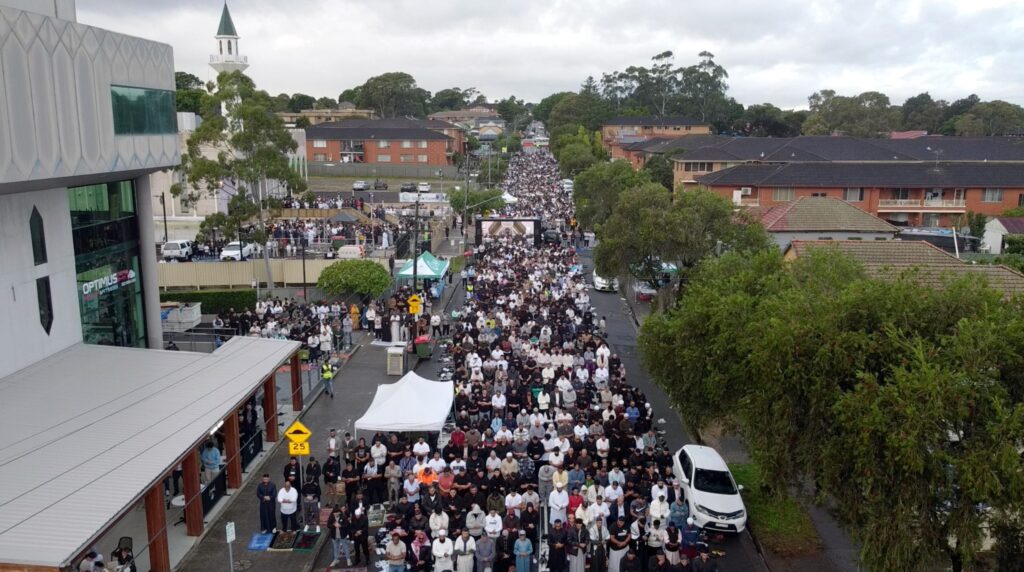
Planning documents compared the midday Friday “adhan” prayer call to Catholic church bells, and describes the loudspeakers as “a simple addition to the existing Mosque that will meet the religious needs of the Muslim community in the Lakemba region“.
“The main objective of the proposal to provide a local call of prayer for Lakemba Mosque to create a cultural and Islamic sense of community within the context of the mosque and its surrounds,” the documents state.
The plans also include a translation of the prayer call, which the mosque wants played for 15 minutes: “Allahu Akbar! Allahu Akbar! Allahu Akbar! Allahu Akbar! Ashhadu an la ilaha illa Allah. Ashhadu an la ilaha illa Allah. Ashadu anna Muhammadan Rasool Allah. Ashadu anna Muhammadan Rasool Allah. Hayya ‘ala-s-Salah. Hayya ‘ala-s-Salah. Hayya ‘ala-l-Falah. Hayya ‘ala-l-Falah. Allahu Akbar! Allahu Akbar! La ilaha illa Allah.”
An acoustic report prepared by the mosque found noise levels from the prayer call are expected to reach 81 decibels at neighbouring commercial properties, between 63 and 68 at residential properties, and an estimated 62 inside a proposed school classroom.
“Some people may welcome this call to prayer, others may not. The call to prayer is intended to be heard throughout the community,” the report authors wrote in response to a checklist from the EPA Noise Guide for Local Government.

But the report found that the noise generated will not be considered offensive, and would comply with EPA noise policy criteria as long as their recommendations on speaker installation were followed.
The Sunni mosque, also known as the Masjid Ali Bin Abi Talib, is owned by the Lebanese Muslim Association, was built in the 1970s with donations from the Middle East, including from the Saudi Royal Family, and is regularly visited by prime ministers.
After the Cronulla anti-immigration protest of 2005 hundreds of Muslim youths gathered at the mosque on successive nights before going on violent revenge rampages through Sydney’s eastern and southern suburbs.
Header image: Left, Lakemba Mosque. Right, the acoustic plan (Facebook, Canterbury-Bankstown Council).
